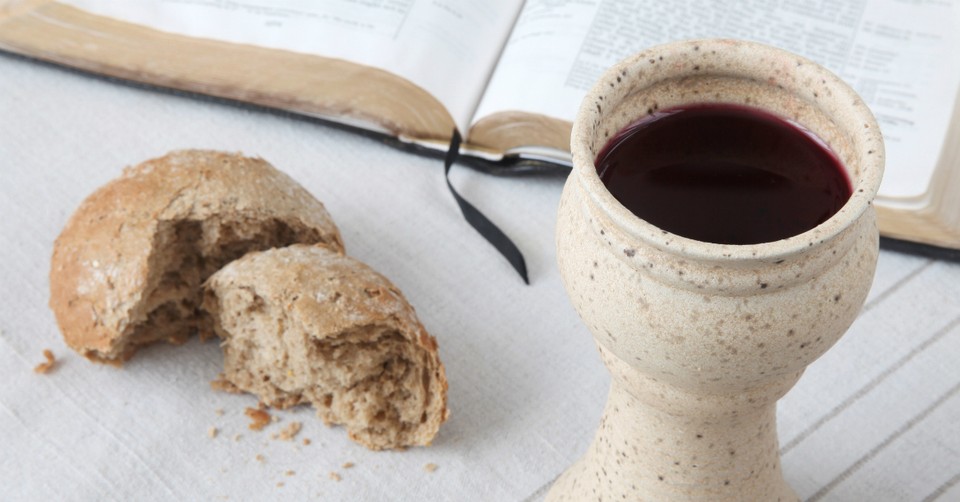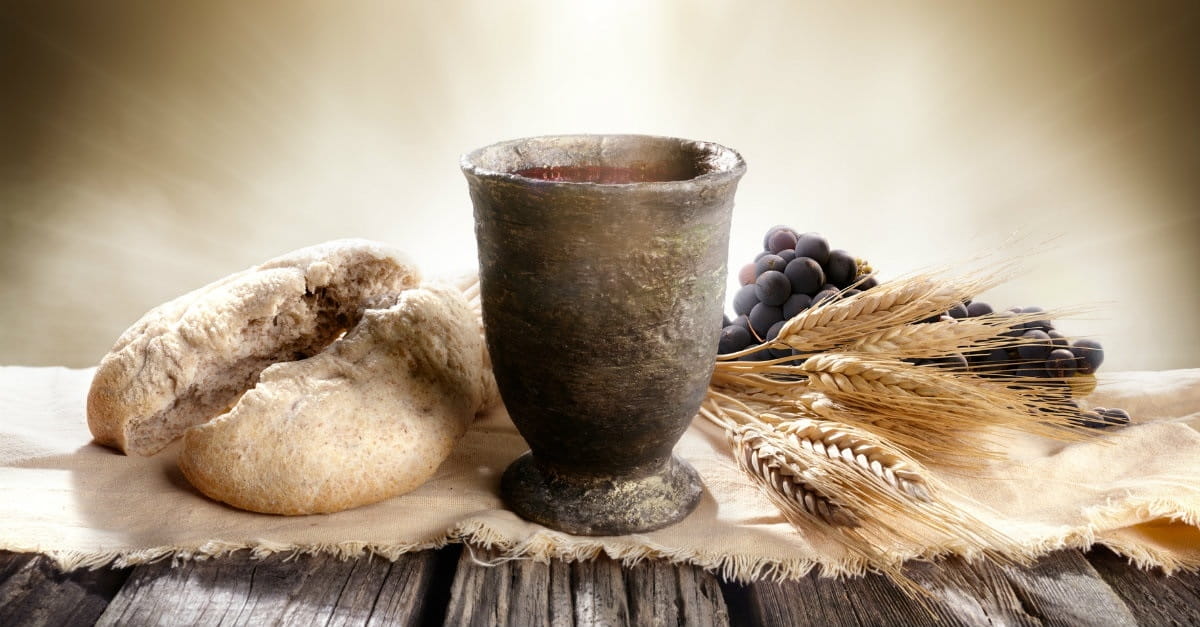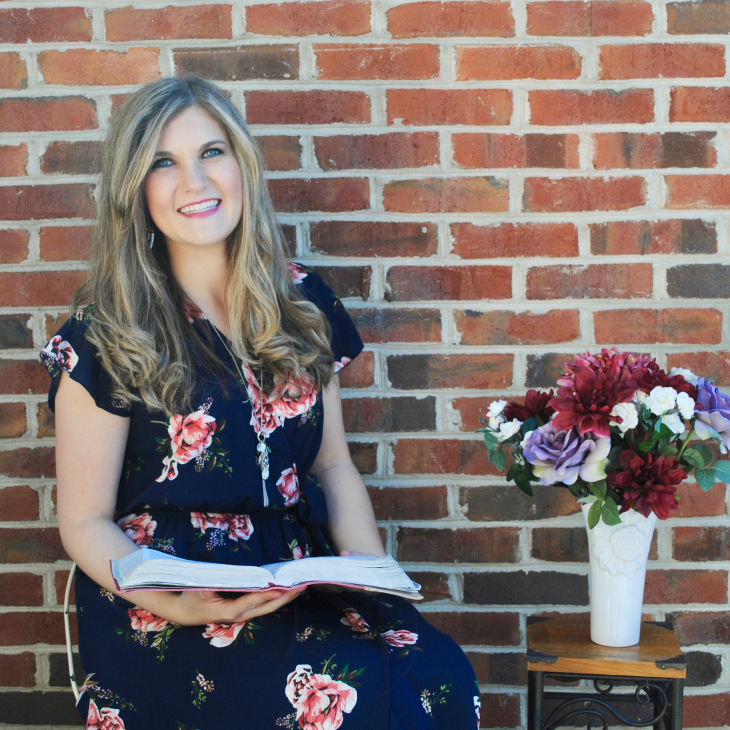Why Can't Non-Christians Take Communion?

Many times in a church service, a pastor will say a phrase similar to, “If anyone has not accepted Jesus as their Lord and Savior, we ask that you please refrain from taking communion.” This might seem exclusive or harsh, however when we understand the significance of communion, what it means, and who it is intended for, this is great information to share. Today we are going to answer the question why should we take communion seriously?
The History of Communion
The first mention of communion is in the four gospels when Jesus and the disciples take the Lord’s Supper in the upper room. This event took place during the holiday of the Passover, which traces back to the Israelites in Egypt. During the final plague, God sent the angel of death to take away the first born of whoever did not have the blood over their doorpost from a lamb or livestock (Exodus 12). Exodus 12:13 says, “The blood will be a sign for you on the houses where you are, and when I see the blood, I will pass over you. No destructive plague will touch you when I strike Egypt.”
The Lord then tells the people of God to celebrate the Festival of Unleavened Bread in remembrance of this moment. He says that they will commemorate for generations to come as a lasting ordinance (Exodus 12:14). He instructs that for seven days they will eat bread without yeast and have a sacred assembly on day one and day seven (Exodus 12:15-20).
Exodus 12:21-23 says, “Then Moses summoned all the elders of Israel and said to them, 'Go at once and select the animals for your families and slaughter the Passover lamb. Take a bunch of hyssop, dip it into the blood in the basin and put some of the blood on the top and on both sides of the doorframe. None of you shall go out of the door of your house until morning. When the Lord goes through the land to strike down the Egyptians, he will see the blood on the top and sides of the doorframe and will pass over that doorway, and he will not permit the destroyer to enter your houses and strike you down.’”
Some incredible parallels that we see later in the New Testament include that John the Baptist calls Jesus the “Lamb of God who takes away the sins of the world” (John 1:29). Jesus was given sour wine on a hyssop branch while he was dying on the cross (John 19:29). And I love how the phrase “lasting ordinance” is continually used in referring to the Passover. In Christian faith, communion is considered an ordinance still to this day.
We see the instruction of offering the first livestock – Exodus 12:29b says, “The firstborn of all the livestock as well.” This reminds us that even from the people who did not offer sacrifices to God, He still received the glory. Even those who do not currently confess that Jesus is Lord will one day recognize Him as the Savior. “That at the name of Jesus every knee should bow, of those in heaven, and of those on earth, and of those under the earth, and that every tongue should confess that Jesus Christ is Lord, to the glory of God the Father” (Philippians 2:10-11).
I also love how we see that Jesus is for all people. Notice the compassion for those who could not have afforded a lamb. Exodus 12:5 says, “The animals you choose must be year-old males without defect, and you may take them from the sheep or the goats.” We see God essentially telling the people, “yes I require a lamb, but if you do not have a lamb, take the sacrifice from sheep or goats.”
As Jesus sat around the table of the disciples coming from many different backgrounds and statuses in this world, He welcomed them all to partake in His sacrifice. 2 Peter 3:9 says, “The Lord is not slow in keeping his promise, as some understand slowness. Instead he is patient with you, not wanting anyone to perish, but everyone to come to repentance.”
What absolutely astounds me is the faith of the Israelites in obeying God’s call to this festival. As they were fleeing the country from Pharaoh and the Egyptians, the Bible says, “So the people took their dough before the yeast was added, and carried it on their shoulders in kneading troughs wrapped in clothing” (Exodus 12:34). In trying to flee from their enemy, they still could not do the required acts. It says in Exodus 12:39, “With the dough the Israelites had brought from Egypt, they baked loaves of unleavened bread. The dough was without yeast because they had been driven out of Egypt and did not have time to prepare food for themselves.”
In a similar way, our attempt to escape from our sins and the eternal death is not enough. We were asked for perfection and all we could offer was “unleavened bread without the yeast.” We needed a Savior, we needed Jesus to come and take away the sins of the world. More rules of the Passover can be found in Exodus 12:43-51.

Photo credit: ©Getty Images/Romolo Tavani
What Is Communion?
Jesus tells the disciples that the bread is representative of His body and the wine symbolizes His blood. He invites them to take and eat of His body and drink of His blood. In doing so, the disciples took and ate the bread and drank the wine as an outward expression of their dedication to Christ. Jesus called communion a blood covenant (Matthew 26:28, Mark 14:24). Webster’s Dictionary defines a covenant as “a formal and serious agreement or promise: A binding agreement.”
According to Christianity.com, communion is found in Matthew 26:26-29, Mark 14:22-25, Luke 22:19-20, and John 6:53-56. It is also heavily covered in 1 Corinthians 10:14-35 and 1 Corinthians 11:17-33.
Jesus says in John 6:35 “Then Jesus declared, ‘I am the bread of life. Whoever comes to me will never go hungry, and whoever believes in me will never be thirsty.’” Communion is partaking in the elements of bread and wine (or grape juice) in fellowship with other believers by outwardly acknowledging that Jesus is Lord over your life. His body was broken for us and His blood was poured out for us.
What about Non-Christians?
There is a warning found in 1 Corinthians 11:27-29: “So then, whoever eats the bread or drinks the cup of the Lord in an unworthy manner will be guilty of sinning against the body and blood of the Lord. Everyone ought to examine themselves before they eat of the bread and drink from the cup. For those who eat and drink without discerning the body of Christ eat and drink judgment on themselves.”
When a pastor provides this caution to anyone in the room of a church who is not a believer, the command of God Himself is being obeyed. It is a serious act to take the Lord’s Supper if a person is not a believer in Christ. The table of God is for sinners yes, but sinners who believe in Jesus. A pastor is being loving when he provides this warning because to truly take the communion of Christ is to take it with a heart that is fully His.
The Lord also warns us in 1 Corinthians 10:21 “You cannot drink the cup of the Lord and the cup of demons too; you cannot have a part in both the Lord's table and the table of demons.” Either we worship Jesus, or we worship the devil. There is only One true God and communion is for us to worship Him. We should take communion seriously because Jesus takes communion seriously. His sacrifice was significant, and we honor Him in this ordinance.
Whenever you hear a serious statement from a pastor serving communion, remember that this is not out of an inclusive heart, but out of the caring guidance from the Lord. It is out of a heart of love that Jesus is a gentleman. He does not force His sacrifice on anyone, but it is there for everyone. If you have not placed your faith in Jesus, acknowledge now that you are a sinner in need of Jesus’ sacrifice and confess with your mouth that God raised Him from the dead on your behalf.
If you have made this decision, see you at the table.
More from this author
What Can Biblical Stories of Planting and Harvesting Teach Us about Faith?
How Ephesians 4 Encourages Us to Share Truth in Love
3 Crucial Questions to Ask a Church before Joining
Photo credit: ©Getty Images/IngridHS

Originally published November 22, 2021.




